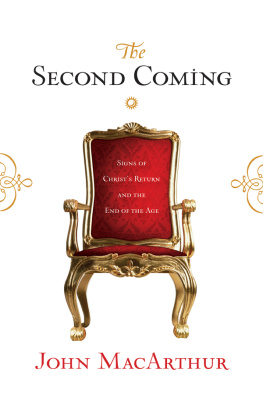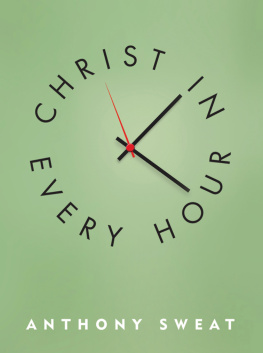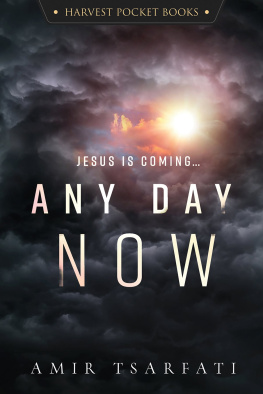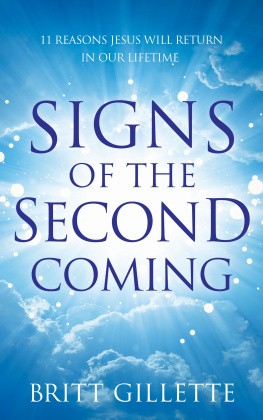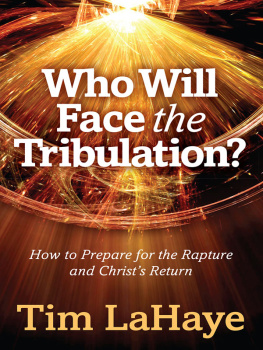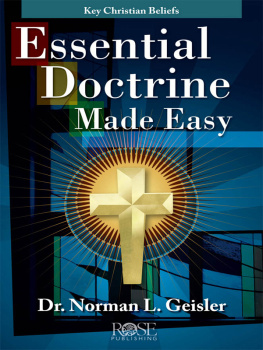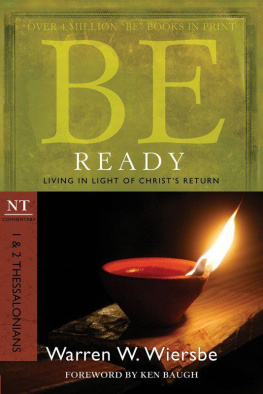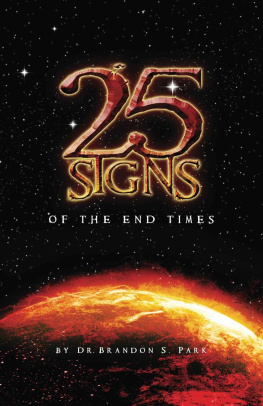By Arthur W. Pink

N owhere in the Bible is the actual time of the Second Advent made known; instead, it is presented as an event that may occur at any hour. Or, in other words, the fact of the Saviors appearing is invariably set forth in the language of imminency. When we say that the Redeemers return is an imminent event, we do not mean it will occur immediately, but that He may come back in our lifetime, that He may come back this year. Yet we cannot say that He will do so.
The fact of the Second Advent is certain because it is expressly revealed in Holy Writ. The date of the Second Advent is uncertain because it has not been made known by God. Here then we have a truth that is simple to grasp, yet one that is of fundamental importance and great practical value. The majority of the errors and heresies that have gathered around this subject are directly traceable to the ignoring of this elementary consideration.
For example: if the Lords people had given due heed to the fact that Scripture presents the Second Coming of Christ as something that may happen at any hour, then the postmillennial teaching that our Lord will not come back again for more than a thousand years would never have obtained the hearing and acceptance that it has received. Furthermore, if the wondrous truth that our Redeemer might return today once took firm hold on our hearts, it would revolutionize our lives and provide us with a spiritual dynamic that is incalculable in its reach and incomparable in its value. Without expatiating any further upon the general bearings of this aspect of our theme, let us now proceed to show that
OUR LORD HIMSELF SPOKE OF HIS RETURN IN THE LANGUAGE OF IMMINENCY
In the Olivet Discourse, where the Master replied to the inquiries of His disciples concerning the sign of His coming and of the end of the age, He said
Watch therefore; for ye know not what hour your Lord doth come. But know this, that if the goodman of the house had known in what watch the thief would come, he would have watched, and would not have suffered his house to be broken up. Therefore be ye also ready: for in such an hour as ye think not the Son of man cometh. Who then is a faithful and wise servant, whom his lord hath made ruler over his household, to give them meat in due season? Blessed is that servant, whom his lord when he cometh shall find so doing. Verily I say unto you, That he shall make him ruler over all his goods. But and if that evil servant shall say in his heart, My lord delayeth his coming; and shall begin to smite his fellowservants, and to eat and drink with the drunken; the lord of that servant shall come in a day when he looketh not for him, and in an hour that he is not aware of, and shall cut him asunder, and appoint him his portion with the hypocrites: there shall be weeping and gnashing of teeth.
MATT. 24:42-51
An analysis of the above passage reveals the following important truths. First, the hour of our Lords return is unknown to His people. Second, because we know not the exact time of His appearing, we must be in an attitude of constant expectation and watchfulness. Third, the Lord will return unexpectedly, even in such an hour as His own people think not. Fourth, the faithful and wise servant is he who shall give meat in due season to those of the Lords household during the time of Christs absence, and the one who is found so occupied at the time of His appearing shall be richly rewarded. Fifth, the one who shall say in his heart, My Lord delayeth His coming is an evil servant, and such a one shall receive a portion of shame at our Lords return.
The parable of the ten virgins intimates that the Lord Jesus desired His people to maintain an attitude of constant readiness for the appearing of the Bridegroom. At the beginning of the parable He pictures all of the virgins taking their lamps and going forth to meet Him. The interpretation of this part of the parable is very simple. In the early days after our Lords departure from the earth, His followers detached themselves from all worldly interests and set their affections on ChristHis return being their one hope and great desire. But when the Bridegroom tarried, the expectation of His appearing disappeared, and spiritual sloth and sleep was the inevitable consequence, and this condition prevailed until the midnight cry aroseBehold, the Bridegroom cometh; go ye out to meet him. The effect of this cry is seen in the arousing of both the wise and the foolish virgins. The need of preparation and watchfulness is disclosed in the doom that overtook those who had no oil in their vessels. The practical application of the whole parable was made by the Lord HimselfWatch therefore; for ye know neither the day nor the hour wherein the Son of Man cometh (25:13).
At the close of Marks account of the Olivet Discourse he records at greater length than does Matthew our Lords command to His disciples to watch for His returnTake ye heed, watch and pray: for ye know not when the time is. For the Son of man is as a man taking a far journey, who left his house, and gave authority to his servants, and to every man his work, and commanded the porter to watch. Watch ye therefore: for ye know not when the Master of the house cometh, at even, or at midnight, or at the cockcrowing, or in the morning: lest coming suddenly he find you sleeping. And what I say unto you I say unto all, Watch (Mark 13:33-37). A careful reading of these verses makes it apparent that the design of the Master was to impress upon His disciples two things: First, that while it was certain He would return, yet it was uncertain when He would appear; second, that in view of the uncertainty of the exact hour of His second coming, the Lords followers must maintain an attitude of constant watchfulness, looking for Him to return at any moment.
On another occasion the Lord said to His disciples:
Let your loins be girded about, and your lights burning; and ye yourselves like unto men that wait for their Lord, when he will return from the wedding; that, when he cometh and knocketh, they may open unto him immediately. Blessed are those servants, whom the Lord when he cometh shall find watching: verily I say unto you, that he shall gird himself, and make them to sit down to meat, and will come forth and serve them. And if he shall come in the second watch, or come in the third watch, and find them so, blessed are those servants.
LUKE 12:35-38
The comparison is a very impressive one. The believer is exhorted to be like a faithful servant, standing on the threshold with loins girded and his lamp lighted, peering through the darkness for the first sight of his returning Master and listening eagerly with attentive ear for the first sounds of His approaching steps.
Even thus shall it be in the day when the Son of man is revealed. In that day, he which shall be upon the housetop, and his stuff in the house, let him not come down to take it away: and he that is in the field, let him likewise not return back.... I tell you, in that night there shall be two men in one bed; the one shall be taken, and the other shall be left. Two women shall be grinding together; the one shall be taken, and the other left.
LUKE 17:30-35
The force of this passage is in full harmony with the others already considered. The Lords appearing is to be unannounced and unexpected. It will occur while men are busy at their daily vocations, and therefore it behooves us to be constantly on the qui vive. Scripture brings out the marvelous scientific accuracy of the Bible. We are told in verse 31 above that it shall be day (in one part of the earth) at the time Christ is revealed (v. 30), while in verse 34 we learn it will be night (in another part of the earth), thus anticipating a comparatively recent discovery of science and demonstrating that the Lord Jesus was perfectly cognizant of the rotundity and rotation of the earth!
Next page
